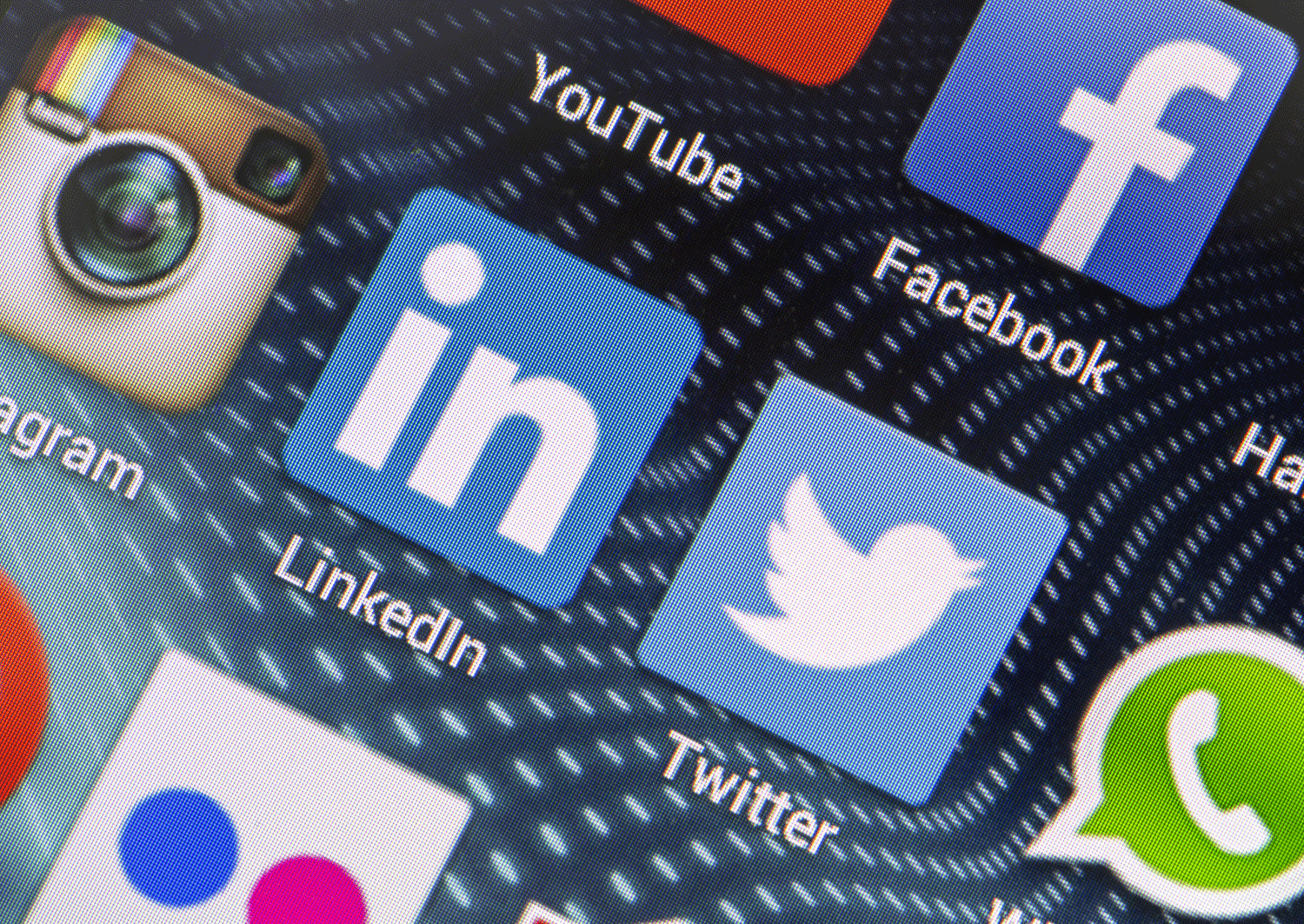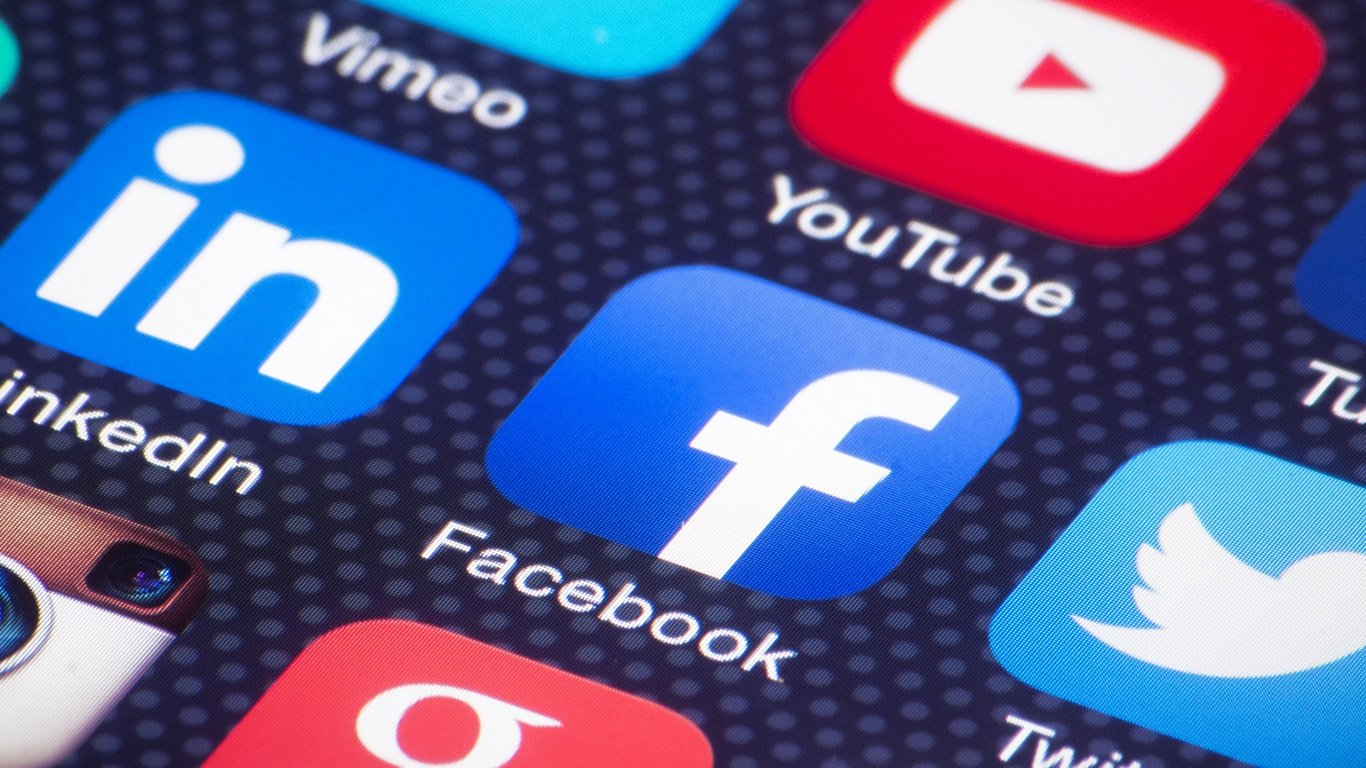 Social media is one of the most fascinating battlegrounds of 2015. This constantly changing environment has become overrun with ambitious companies looking to leverage their social media presence for profit. But nobody has quite figured out the best way to do that yet. And so, expect to see various companies experimenting with social media in the months to come. Some will have success… and others will have to fire their social media managers.
Social media is one of the most fascinating battlegrounds of 2015. This constantly changing environment has become overrun with ambitious companies looking to leverage their social media presence for profit. But nobody has quite figured out the best way to do that yet. And so, expect to see various companies experimenting with social media in the months to come. Some will have success… and others will have to fire their social media managers.
One of the biggest questions businesses have regarding social media is about lead generation. Is it possible to generate leads from your social media following? Absolutely! But it’s not easy.
Today we’re going to look at lead generation using two popular social media platforms: Twitter and LinkedIn. Both have different strengths and audiences that make them appealing to the social media marketer.
Twitter is an excellent tool for keeping up-to-date on the latest news headlines, entertainment events and sports scores, as well as seeing what your favorite friends/celebrities/athletes are up to on a daily basis. But it’s been underutilized as a lead generation tool.
Unlike Facebook, Twitter doesn’t restrict the reach of your posts, which gives you the potential to reach a ton of people (especially if you have a sizeable following). And Twitter also has ever-changing trending topics and hashtags, which your company can take advantage of to promote your own business.
Twitter gives you unfettered access to an enormous user base, and that reach can be expanded greatly through the use of their paid advertising program. And if your sponsored Tweet resonates with the public, you could receive plenty of free publicity through Retweets and Favorites.
LinkedIn isn’t really about socializing; it’s more of a professional network that people use to connect with colleagues and to read interesting industry-related content. Therefore, it’s an excellent venue for B2B companies who are looking to reach the coveted “decision maker,” i.e. the person authorized to make purchasing decisions.
If you have a shared connection with a potential target, you can ask that connection to “introduce you” to the target; which is basically giving you permission to contact them. But unless you have a very wide network, that might not open up too many doors for you.
However, if you invest in LinkedIn’s paid advertising service, you can target certain users based on factors like age, gender, job title, location and industry (among others). Additionally, you can pay for the ability to contact users directly through the InMail system, without the need for a mutual connection or introduction.
{{cta(‘bd8404aa-e053-481c-9e10-8dd744e59b2f’)}}





